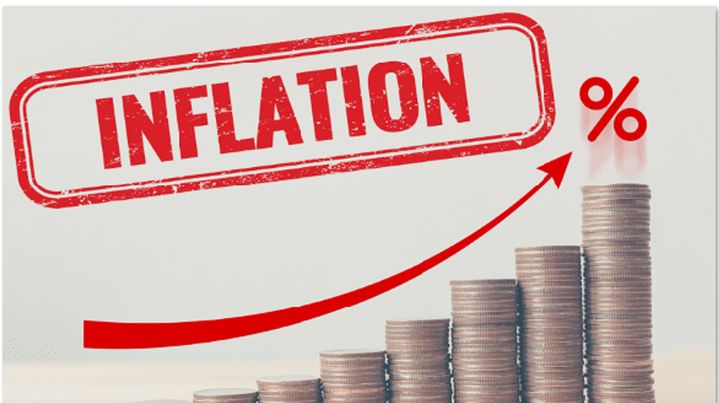In light of the current inflation experienced in the country, the Papua New Guinea (PNG) National Research Institute (NRI) has issued its recent Spotlight edition highlighting some fiscal policy options that the government should consider going forward in addressing inflation.
PNG is currently experiencing imported inflation which directly affects the welfare of people and cost of businesses. The inflation pressure has been caused mainly by high taxes on imports and inflation in the exporting countries because of the COVID-19 pandemic and the war between Russia and Ukraine, and the weakening Kina that emanates from the domestic exchange rate reform.
The National Research Institute Spotlight Volume 17, Issue 15 titled: “Can macroeconomic policies address the current inflation situation in Papua New Guinea?” states that, of the three macroeconomic policies, monetary and exchange rate policy instruments, cannot effectively address the current inflation, but fiscal policy tools can but at a cost to the government.
This latest edition, which was authored by Dr Thomas Wangi, listed some fiscal policy options that can be considered to address the current inflation situation in PNG.
They are as follows:
· Provide tax relief measures on imports,
· Reduce goods and services tax (GST),
· Reintroduce fuel subsidy,
· Reduce personal income tax, and
· Substitute imports, mainly through the agriculture sector.
Inflation, which is a general increase in the price of goods and services in an economy over a period is generally bad for the economy, especially when the inflation rates rise rapidly. This is because it reduces the demand for goods and services, increases the cost of living, increases the cost of doing business, and discourages new investments and expansion of existing businesses.
Meantime, the Report can be accessed on the PNG NRI website https://www.pngnri.org.

